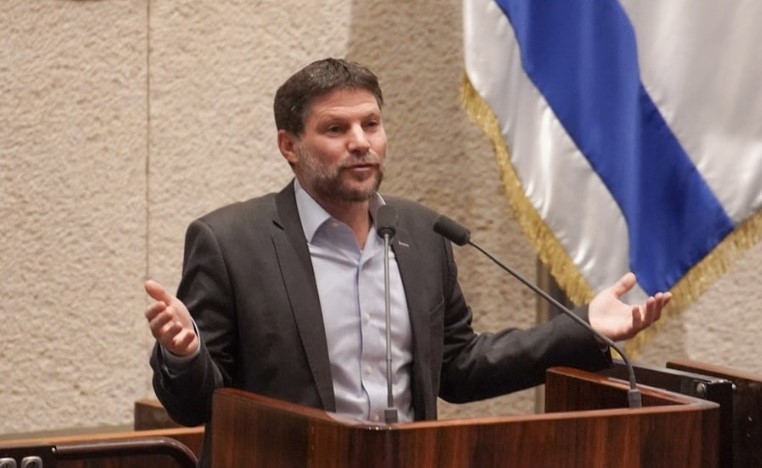A poll commissioned by MAKO and IDC Herzliya ahead of the Herzliya Conference, Jews believe less and less that peace is near.
Half of the Jewish respondents do not believe there is a chance for peace; 43% believe that the chances are low; and 3% believe it is high.
An analysis of the data shows that the most pessimistic among the Jews are the religious (71%), who say that there is no chance for peace, and the chareidim (69%) and the residents of Jerusalem, Yehuda and Shomron (62%).
The greatest optimism among Jews is left-wing voters: only 19% believe there is no chance for peace, and 11% believe the chances are high.
The majority of respondents under the age of 45 do not believe that there is a chance for peace, while the vast majority of respondents over the age of 60 (61%) actually believe in it.
Among Israeli Arabs, skepticism about the prospects for peace is particularly clear: Most (41%) said that there is no chance for peace, 21% said the chances are low, and 30% say they cannot answer the question (compared to only 4-6% And the Palestinians respectively). Pessimism is particularly pronounced among men, who do not believe in peace (54%).
The Palestinians show the highest optimism among the respondents, with 15% saying they believe the chances of peace are high and only 35% believe there is no chance at all.
According to the survey, the Jewish public believes that “two states for two peoples” is the best arrangement available: 55% of the respondents favor it (the (highest support among all respondents), compared with 21% who supported one state for two peoples between the Jordan and the Mediterranean (least support).
The poll shows that this is the preferred solution for right-wing voters (40%), as well as for centrist voters (67%) and leftists (89%). It should be noted, however, that Bennett apparently reflects the will of his voters – 47% of the religious and 32% of the residents of Jerusalem, Yehuda and Shomron support the one-state solution, which is widely supported by the chareidim (40%).
The situation is reversed when Israel’s Arabs are examined, where the religious prefer the two-state solution (56%), while the secular tend to support one state (38%). In general, most Arab Israelis (48%) support two states, with 26% favoring one state.
The Palestinians are less conciliatory and divided almost equally between the two solutions: 40% support two states for two peoples, and 39% prefer a one-state solution for two peoples – under Palestinian control.
Support for the two-state solution is particularly pronounced in Gaza (44%), while most residents of the West Bank tend to a one-state solution.
The poll results reveal that the Jewish public does not hold high hopes in US President Trump: only 11% of the Jewish respondents believe that Trump will unilaterally stand in favor of Israel, and 55% claim that his involvement in the peace process will not help advance it.
It is a consensus that leftist partners (64%) and rightists (54%), secular (53%) and religious (65%). This view is also shared by the majority of the respondents among the Israeli Arabs (31%) and the Palestinians (30%). The Arab-Israelis and Palestinians also share the assumption that Trump will benefit only Israelis – 25% and 28% think so, respectively.
A total of 1,298 respondents participated in the survey, according to the following breakdown: Israeli Jews – 604 respondents representing a representative sample of the adult Jewish population in Israel. Israeli Arabs – 150 respondents aged 18 and over who constitute a representative sample of the sector in terms of sex and age distribution. Palestinians – 331 residents of the West Bank from the age of 18 and over, and 213 residents of Gaza also aged 18 and over. The survey was conducted on May 21-26, 2017. The maximum sampling error in this survey is 4.4%.
(YWN – Israel Desk, Jerusalem)











